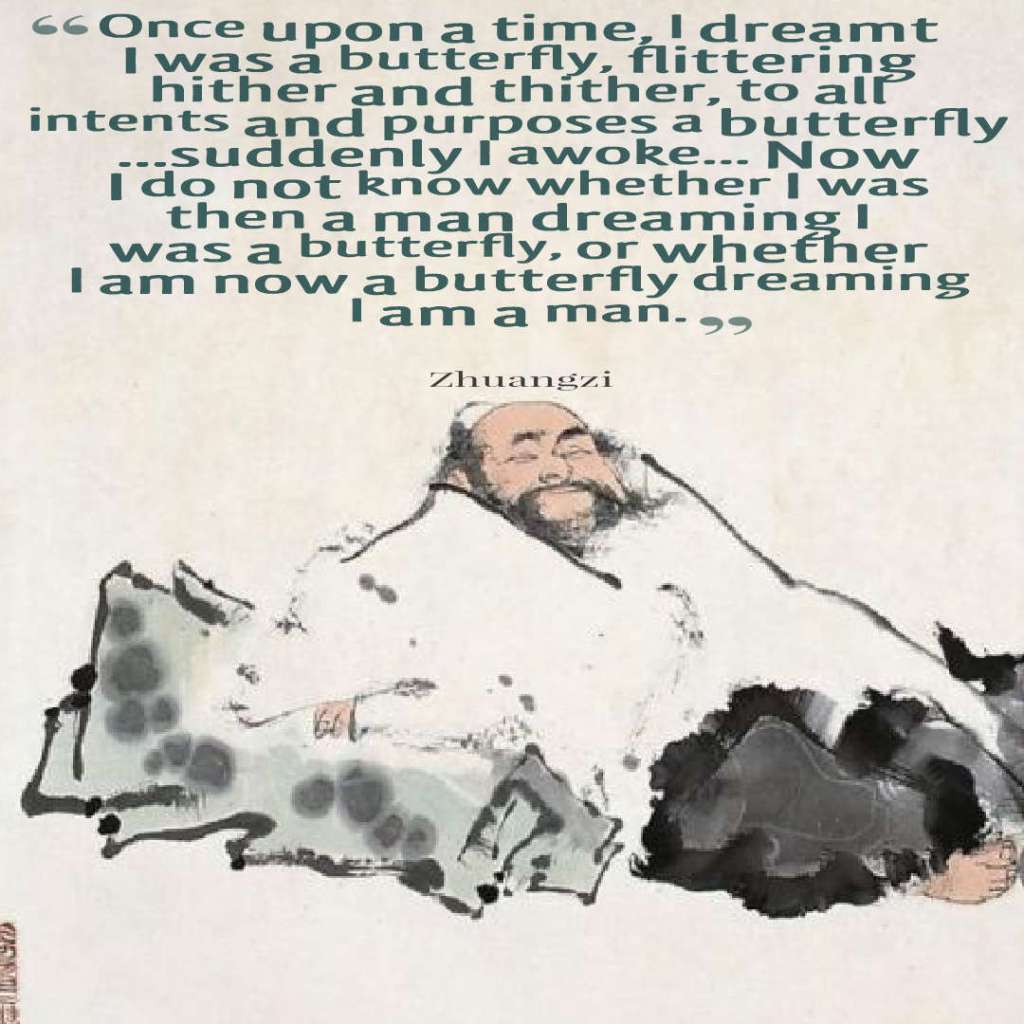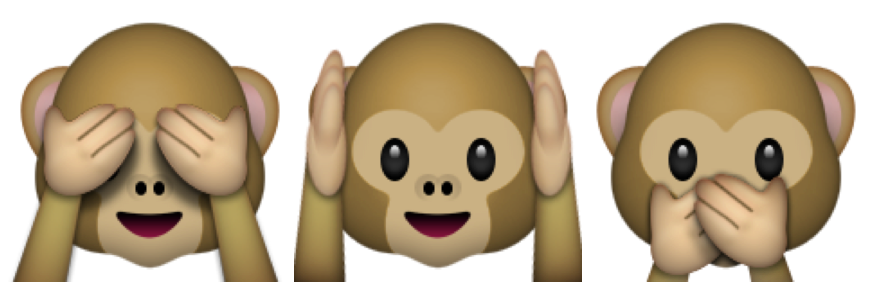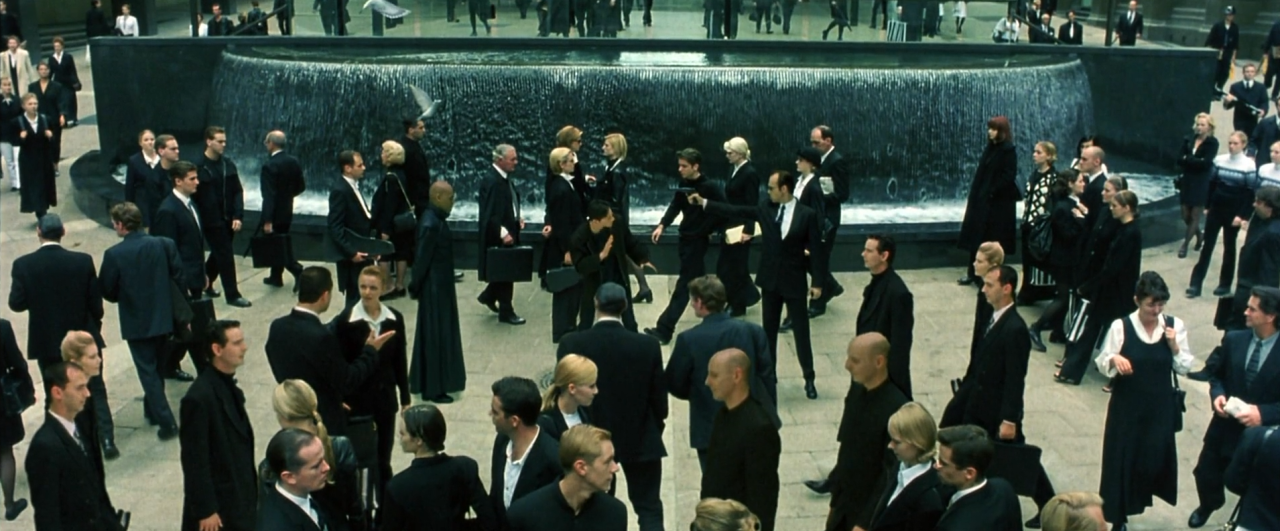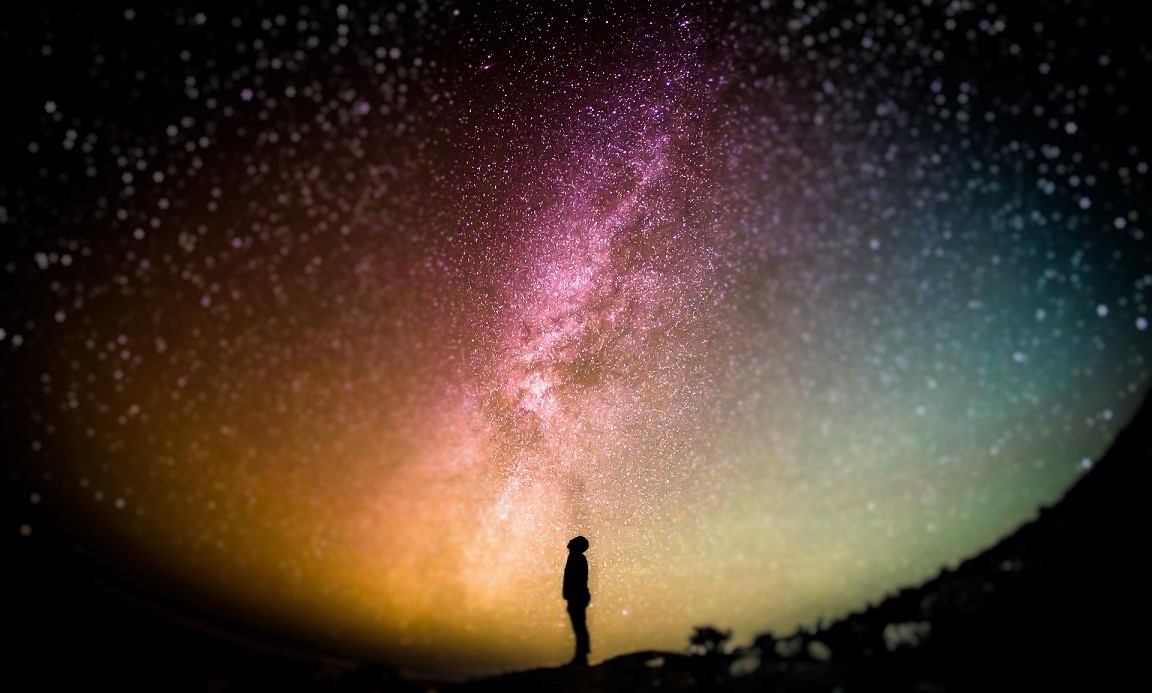Director: Christopher Nolan
The first time I saw Inception, I could not figure out the details. I just came out with the impression that it was a superb movie with some plot involving dreams within dreams and stealing and planting of ideas in other people’s subconscious. The image of the falling van frozen midway between the bridge and the river got forever etched in my mind whenever I remembered the movie.

Only on watching the movie the second time after several years could I follow the whole plot. In the movie, Cobb (Leonardo Di Caprio) gets into the mind of Robert Fischer, heir to a large business empire, to plant an idea (that he must dismantle the business empire) into his subconscious through various layers of a shared dream. The film is stunning with its visual effects and the dream landscapes that really whisk your mind away to another world altogether.
And just like the film The Matrix, there are to be found several tantalizing parallels between real life and the ideas used in the movie.
The pivotal idea of the movie is captured in this quote by Cobb
Our dreams feel real while we’re in them. It’s only when we wake we realize things were strange.
When we dream, it does seem real, isn’t it, as if we are in that world with all its adventures and excitement. While the dream is happening, we are simply sleeping in the real world. Our posture while sleeping or the movement of food in our intestines might create feelings which get visualized as certain emotions or experiences in the dream world. And if in the dream we reach a spot where we are in ‘real’ danger, then than jolts us to wake up. This is same idea that is depicted in the movie – that when you die in the dream world, you wake up in the real world – or one layer up in the subconscious.
In the movie when Cobb’s wife Mal gets too attached to the dream world, Cobb plants this idea in her subconscious. But after waking up into the real world, she still carries that idea around with her and insists on dying, believing that she will wake up into another higher layer of reality. And Cobb could not prevent her from committing suicide.

Due to the inability of our language to express ideas, we have to use the same words to represent vastly different orders of abstraction. “To wake up” is also one such phrase which can have multiple layers of meaning depending on what you are talking about. And one such metaphor that is used in the spiritual teachings, is that – to awaken one must die!
In this case, to die is not referring to the physical death but dying to the attachments of the physical world. And when you die to that, you awaken into the real world. So is there truly such a real world? Is the world we are living in merely a dream?
Gurdjieff’s whole teaching started with the statement that man is asleep and he has the potential to wake up. All his exercises and instructions were meant to help his students awaken to the real. He also wrote a book – Views from the Real World.
Buddha described himself as the Awakened One.
So is there a state of mind, a state of consciousness that these people are pointing to and is that state to be understood in the same way as we understand the state of waking up from a dream?
As a seeker of truth, one must pay attention to these ideas and instead of taking the step that Mal took in the movie, one must use the totem that Cobb used to check whether one is in a dream or in the real world.

What’s the equivalent of the totem in our world? What is it that can tell us without any doubt that we are in a dream and not in reality? I would propose it is self-observation. If one observes one’s mind without judgement, we will at some point realize that whatever we understand of this world is not so at all. And when that understanding takes place, we (so to say) ‘awaken’.
All the great spiritual teachers have always used some or other ways of inception – to plant the idea of awakening into our subconscious. Gurdjieff called this the Influence C which appears to us in the dream as Influence B and points us towards waking up as opposed to the forces of the dream which are Influence A, which keep us in the dream.
So are you awake or dreaming that you are awake? Am I the person who is saying this to you in your dream like Morpheus talking to Neo in The Matrix?


